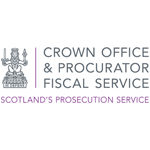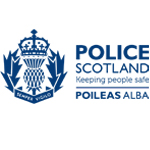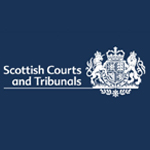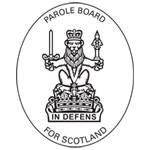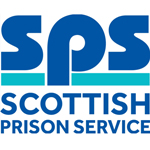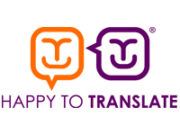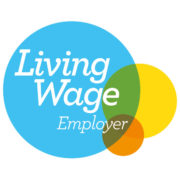Hate crime
A hate incident is any incident that is not a criminal offence, but something which is perceived by the victim or any other person to be motivated by hate or prejudice. A hate crime is any offence that has been committed when there has been an aggravation based on prejudice of any of the five groups protected by law.
The Equality Act 2010 sets out nine protected characteristics, including, age, disability, gender identity, marriage and civil partnership, pregnancy and maternity, race, religion or belief, sex and sexual orientation. Of these characteristics, five relate specifically to hate crime legislation in Scotland:
- Race
- Religion
- Sexual orientation
- Transgender identity
- Disability
A victim may have been attacked because someone perceived that they were a particular type of person, for example, of a particular race, even when this perception is incorrect. In such instances, a hate crime is still considered to have taken place.
Examples of what can be recorded as a hate incident are wide and varied and include:
- Verbal abuse, including name-calling and offensive jokes
- Harassment
- Bullying or intimidation
- Physical attacks
- Murder
- Emotional, psychological and financial abuse, including threats, blackmail and extortion
- Threats of violence
- Hoax calls, abusive phone or text messages, or hate mail
- Online bullying and abuse
- Displaying or circulating discriminatory literature or posters
- Harm or damage to things such as a person’s home, pet, car
- Damage to property, including graffiti, arson, vandalism
- Fly tipping or dumping rubbish at someone’s door
- Putting dangerous materials through a letterbox
- Malicious complaints
- Deliberate dog fouling
Please note that this list is not exhaustive.
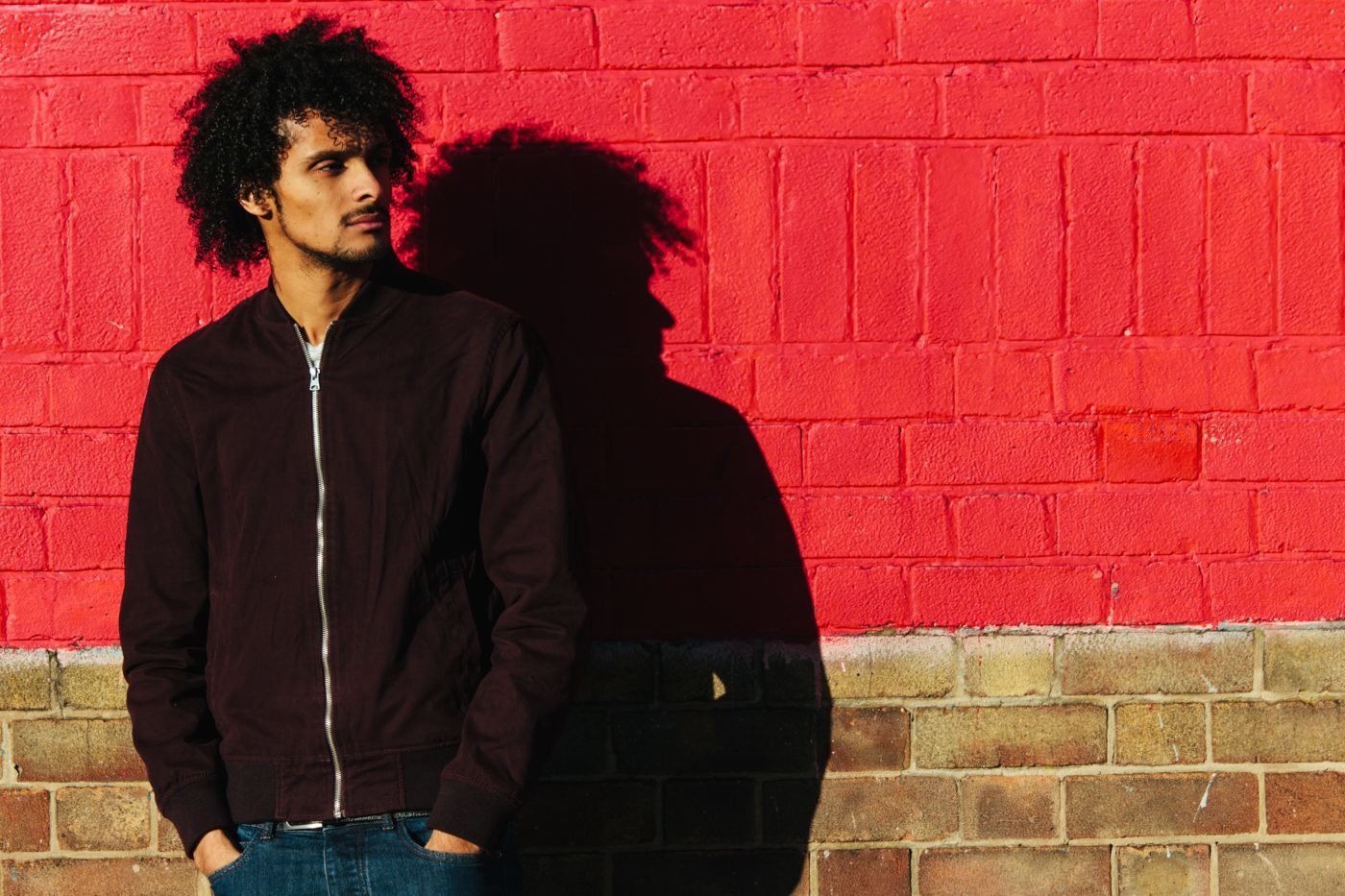
Any criminal offence can be a racist hate crime, if the offender targeted you because of their prejudice or hostility based on race. This means that if you believe something is a hate incident, it should be recorded as such by the person you are reporting it to.
Racist hate incidents can take many forms including:
• verbal and physical abuse
• bullying
• threatening behaviour
• online abuse
• damage to property.
It can be a one-off incident or part of an ongoing campaign of harassment or intimidation.
If you’ve experienced a hate incident or crime you can report it to the police. You can also report a hate incident or crime even if it wasn’t directed at you. For example, you could be a friend, neighbour, family member, support worker or simply a passer-by.
If you’re being repeatedly harassed by the same person or group of people, it’s best to report all the incidents to help the police get the full picture.
When reporting the incident or crime you should say you think it was motivated by hostility or prejudice based on race.
There are a few ways to report a hate crime. You can call 999 (emergency) or 101 (non-emergency), go in person at any police station, or complete the online Hate Crime Reporting Form.
Any criminal offence can be a religious hate incident, if the offender targeted you because of their prejudice or hostility based on your religion. This means that if you believe something is a hate incident, it should be recorded as such by the person you are reporting it to.
Religious hate incidents can take many forms including:
• verbal and physical abuse
• bullying
• threatening behaviour
• online abuse
• damage to property.
It can be a one-off incident or part of an ongoing campaign of harassment or intimidation.
If you’ve experienced a hate incident or crime you can report it to the police. You can also report a hate incident or crime even if it wasn’t directed at you. For example, you could be a friend, neighbour, family member, support worker or simply a passer-by.
If you’re being repeatedly harassed by the same person or group of people, it’s best to report all the incidents to help the police get the full picture.
When reporting the incident or crime you should say you think it was motivated by hostility or prejudice based on religion.
There are a few ways to report a hate crime. You can call 999 (emergency) or 101 (non-emergency), go in person at any police station, or complete the online Hate Crime Reporting Form.
Something is a disability hate incident if the victim or anyone else thinks it was carried out because of hostility or prejudice against disabled people. This means that if you believe something is a hate incident, it should be recorded as such by the person you are reporting it to.
You can be the victim of a disability hate incident if someone believes you’re disabled even though you’re not. You can also be the victim of a disability hate incident because of your association with someone who is disabled – for example, if someone targets you because you have a disabled child.
Disability hate incidents can take many forms including:
• verbal and physical abuse
• teasing
• bullying
• threatening behaviour
• online abuse
• threatening or insulting texts
• damage to property
• It can be a one-off incident or part of an ongoing campaign of harassment or intimidation
If you’ve experienced a disability hate incident or crime you can report it to the police. You can also report a hate incident or crime even if it wasn’t directed at you. For example, you could be a friend, neighbour, family member, support worker or simply a passer-by.
If you’re being repeatedly harassed by the same person or group of people, it’s best to report all the hate incidents you experience to help the police get the full picture.
When reporting the incident or crime you should say you think it was motivated by hostility or prejudice based on disability.
There are a few ways to report a hate crime. You can call 999 (emergency) or 101 (non-emergency), go in person at any police station, or complete the online Hate Crime Reporting Form.
If someone has been violent or hostile towards you because of your sexual orientation, this is known as a homophobic hate incident. Something is a homophobic hate incident if the victim or anyone else thinks it was carried out because of hostility or prejudice based on sexual orientation.
This means that if you believe something is a hate incident, it should be recorded as this by the person you are reporting it to.
Homophobic hate incidents can take many forms including:
• verbal and physical abuse
• physical violence
• teasing
• bullying
• threatening behaviour
• online abuse
• damage to property
It can be a one-off incident or part of an ongoing campaign of harassment or intimidation.
If you’ve experienced a homophobic hate incident or crime you can report it to the police. You can also report a hate incident or crime even if it wasn’t directed at you. For example, you could be a friend, neighbour, family member, support worker or simply a passer-by.
If you’re being repeatedly harassed by the same person or group of people, it’s best to report all the hate incidents you experience to help the police get the full picture.
When reporting the incident or crime you should say you think it was motivated by hostility or prejudice based on your sexual orientation.
There are a few ways to report a hate crime. You can call 999 (emergency) or 101 (non-emergency), go in person at any police station, or complete the online Hate Crime Reporting Form.
Hostile or violent incidents because of your transgender identity are known as transphobic hate incidents. Something is a transphobic hate incident if the victim or anyone else thinks it was carried out because of hostility or prejudice based on transgender identity.
This means that if you believe something is a hate incident, it should be recorded as this by the person you are reporting it to.
Transphobic hate incidents can take many forms including:
• verbal and physical abuse
• physical violence
• teasing
• bullying
• threatening behaviour
• online abuse
• damage to property.
It can be a one-off incident or part of an ongoing campaign of harassment or intimidation.
If you’ve experienced a transphobic hate incident or crime you can report it to the police. You can also report a hate incident or crime even if it wasn’t directed at you. For example, you could be a friend, neighbour, family member, support worker or simply a passer-by.
If you’re being repeatedly harassed by the same person or group of people, it’s best to report all the hate incidents you experience to help the police get the full picture.
When reporting the incident or crime you should say you think it was motivated by hostility or prejudice based on your transgender identity.
There are a few ways to report a hate crime. You can call 999 (emergency) or 101 (non-emergency), go in person at any police station, or complete the online Hate Crime Reporting Form.
Crime can impact you in many ways – emotionally, mentally, physically, financially and practically. That’s why Victim Support Scotland is here to help.
Our support workers and volunteers are available to you in person, over the phone and in the courts throughout Scotland. We support you no matter who you are, and no matter what the crime.
The criminal justice system can be confusing, and we can provide you with practical advice and information to make this process easier. We promise you:
• We will take the time to listen to you
• We won’t judge you
• We will provide you with support in whatever way best suits you
• We will explain your rights in a way you can understand
Our trained and experienced volunteers deliver support throughout Scotland. There is a Victim Support office in every local authority area and we can support you going to court or in your own community (at home or in our offices).
You can access our services regardless of whether you have reported the crime or not to the police. Our services are free, independent and confidential.*
*We will only alert someone else if we feel you are at risk to yourself or to others.
Whoever you are and whatever the crime, we’re here to help
-
Call our free helpline | Mon-Fri, 8am-8pm
0800 160 1985 -
Help near you
Enter town or postcode:
-
Request support
Complete our form


